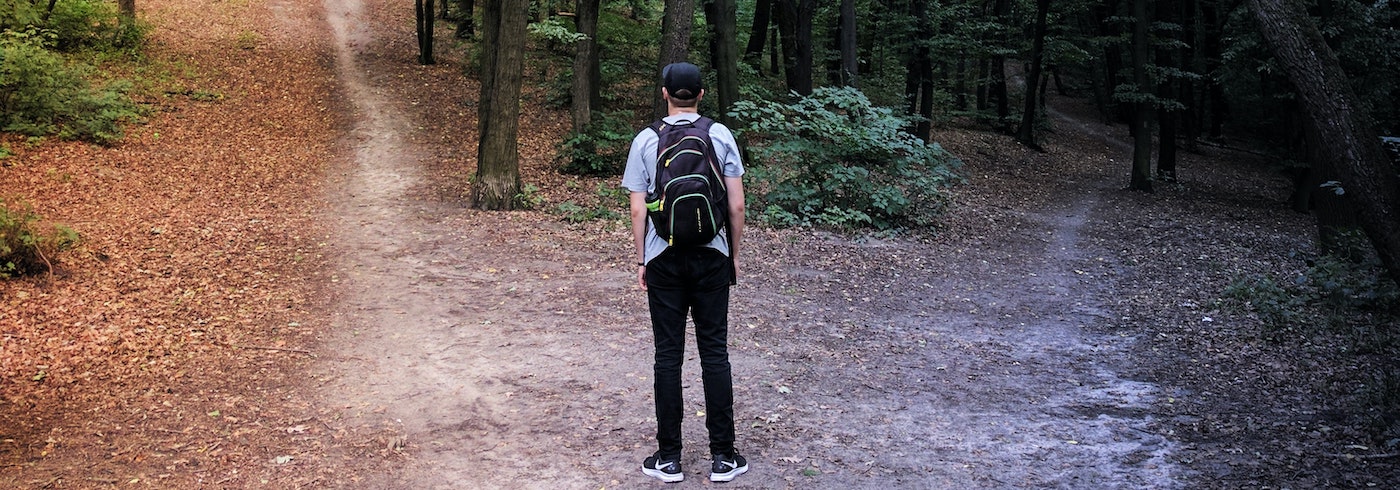Orthodoxy vs. Liberalism
Review of ‘Against Liberal Theology’ by Roger E. Olson
Deconstruction is all the rage in contemporary Christian discourse. It refers to people reevaluating the faith commitments with which they have been raised. Some deconvert from Christianity entirely, but most reorient their faith toward theological liberalism, often out of concern for social justice.
In Against Liberal Theology, Roger E. Olson argues that doing so is a mistake. His thesis is that “liberal Christianity cuts the cord of continuity between itself and biblical, historical, classical, orthodox Christianity so thoroughly that it ought to call itself something other than Christian.”
As an adjective, liberal can mean a number of things. For Olson, it does not describe “politics, economics, social philosophies or mere open-mindedness to new ideas (to say nothing of liberality toward the poor).” He focuses solely on theology, defined as “a set of beliefs about God and things related to God.”
Olson’s thesis is controversial, but clarifying. “In today’s culture, it’s not popular to be against something unless it’s blatantly immoral or illegal,” he writes. However, he justifies his adversarial stance this way: “If Christianity is to mean something, it has to have some shape, if not boundaries” (emphasis in original).
For Olson, the Vincentian Canon points to the boundaries of Christianity: “what has been believed everywhere, always, and by everyone” (Latin, Quod ubique, semper, et ab omnibus). This is the Christianity of the Apostles’ Creed and the Nicene Creed. It is what C. S. Lewis called “mere Christianity.” Olson acknowledges that Christian denominations disagree on a variety of theological topics, but he argues that they agree on the most fundamental doctrines and have done so across centuries and cultures.
“Liberal Christianity cuts the cord of continuity between itself and biblical, historical, classical, orthodox Christianity so thoroughly that it ought to call itself something other than Christian.” –Roger E. Olson
By contrast, theological liberalism began in n post-Enlightenment Germany in the late-eighteenth century. It is characterized by “maximal acknowledgement of the claims of modernity in Christian thinking about doctrines.” (The definition comes from Claude Welch).
The founder of liberal theology was Friedrich Schleiermacher (1768–1834), a Reformed pastor and theologian whose seminal work was On Religion: Speeches to Its Cultured Despisers (1799). Deism and Unitarianism foreshadowed the method and conclusions of liberal theology, but they operated outside mainline Protestantism. Schleiermacher brought them inside, investing traditional terms with radically new meanings.
Orthodoxy and liberal theology interpret Christian doctrine in radically different ways. Olson details those ways in successive chapters on the Bible, God, Jesus Christ, salvation, and eschatology. However, he writes, “the deepest difference between orthodox Christianity and liberal Christianity has to do with their differing sources and norms for belief.” In other words, their conclusions differ because their methodologies do.
Olson illustrates this using the so-called “Wesleyan Quadrilateral” of Scripture, tradition, reason, and experience, first articulated by Methodist scholar Albert C. Outler. Olson writes:
In Wesley’s scheme, Scripture has primacy over tradition, while reason and experience are used as tools of interpretation. Liberal Christians tend to begin the theological search for truth with reason and experience and then draw upon Scripture as “our sacred stories” and Christian tradition as simply the history of Christian interpretation of Scripture and Christian experience.
Whereas orthodoxy begins with divine revelation, then, liberal theology begins with human reason and experience, both of which it acknowledges as historically conditioned. “But what if the best of modern thought is only a passing fashion of thought, a philosophy of the moment, a cultural fad?” Olson asks. “This question will haunt liberal Christianity through this book,” he answers.
Theological liberalism was a powerful force in American Christianity from the late-nineteenth century to the mid-twentieth century. Today, however, it seems to be on its last legs, especially as evidenced by the rapid aging and decline of theologically liberal churches. This shouldn’t be surprising, given liberalism’s “maximal acknowledgment of the claims of modernity.” After all, as Dean Inge put it, “Whoever marries the spirit of this age will find himself a widower in the next.”
Olson concludes his book with an appeal to Christian deconstructors. He acknowledges “the majority of people attracted to liberal Christianity are Christians raised in rigidly fundamentalist homes.” He urges them not to choose between fundamentalism* and liberalism, however, but to practice orthodox Christianity rather than either of those extremes.
Against Liberal Theology makes a real contribution to contemporary Christian discourse by clarifying what is at stake in the debate between Christianity and liberal theology. Doctrinally, the two are so different that they should be considered different religions, not variations on the same religion.
I wonder, though, whether it will answer all the questions Christian deconstructors are raising against the faith. Those questions center on social-justice issues such as race and sexuality. At a theological level, Olson has shown that deconstructing to liberal theology is tantamount to deconversion from Christianity. Perhaps in his next book, he could clarify what orthodoxy teaches about social justice.
Book Reviewed
Roger E. Olson, Against Liberal Theology: Putting the Brakes on Progressive Christianity (Grand Rapids, MI: Zondervan Reflective, 2022).
_____
* Note on terminology: The term fundamentalism first described people in the late nineteenth and early twentieth centuries who defended certain “fundamentals” against liberal theological critique. These doctrines included Christ’s virgin birth, incarnation, atoning death, bodily resurrection, and second coming, as well as Scripture’s inspiration and authority These are orthodox Christian doctrines that unite all Christians.
Over time, however, the term came to describe orthodox Christians who raised cultural norms, nonessential doctrines, and ecclesial separatism to the status of fundamental doctrine, unnecessarily dividing genuinely orthodox believers from one another. Following E. J. Carnell, Olson defines such fundamentalism as “orthodoxy gone cultic.” It is this second kind of fundamentalism that Olson rightly thinks is extreme.
Influence Magazine & The Healthy Church Network
© 2026 Assemblies of God

